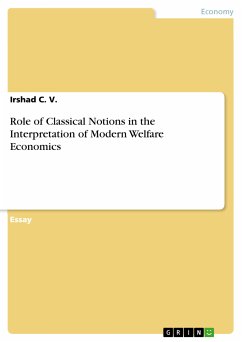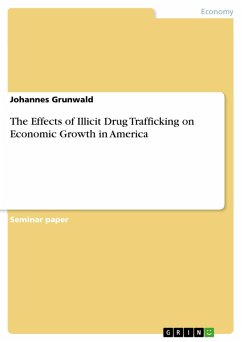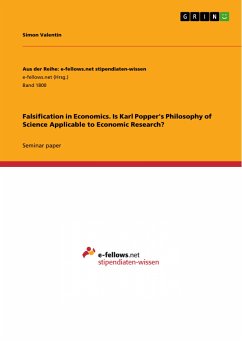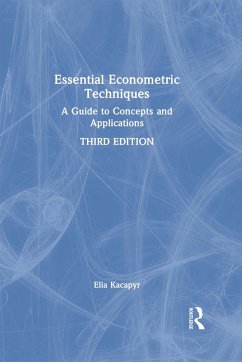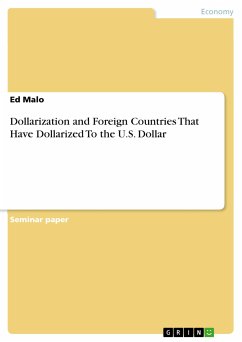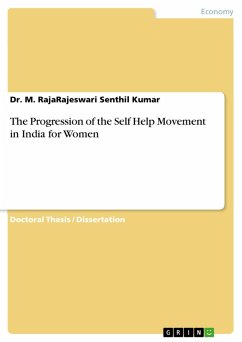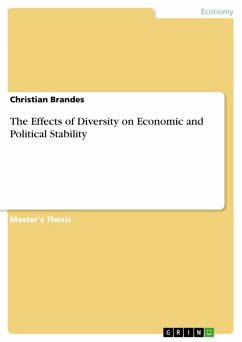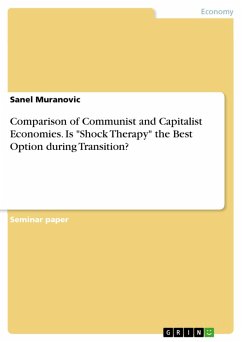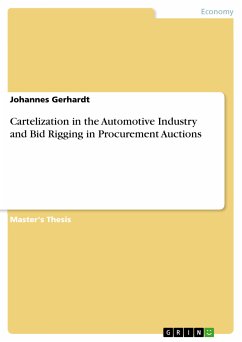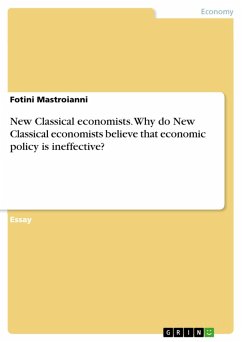
New Classical economists. Why do New Classical economists believe that economic policy is ineffective? (eBook, PDF)
Sofort per Download lieferbar
Statt: 17,95 €**
5,99 €
inkl. MwSt. und vom Verlag festgesetzt.
**Preis der gedruckten Ausgabe (Broschiertes Buch)
Alle Infos zum eBook verschenkenWeitere Ausgaben:

PAYBACK Punkte
0 °P sammeln!
Essay from the year 2016 in the subject Economics - Macro-economics, general, , course: Economics, language: English, abstract: The neoclassical school has two founding members WS Jevons and L. Walras, who wrote their key projects in the 1870s. The difference made by the neoclassical school in relation to the classical school is that it uses the principles of utilitarianism of the human nature in the sphere of economy. The man is a rational person looking for the maximum satisfaction of his/her needs, for getting the maximum utility by directing his/her actions towards the increase of his/her ...
Essay from the year 2016 in the subject Economics - Macro-economics, general, , course: Economics, language: English, abstract: The neoclassical school has two founding members WS Jevons and L. Walras, who wrote their key projects in the 1870s. The difference made by the neoclassical school in relation to the classical school is that it uses the principles of utilitarianism of the human nature in the sphere of economy. The man is a rational person looking for the maximum satisfaction of his/her needs, for getting the maximum utility by directing his/her actions towards the increase of his/her pleasure and the reduction of his/her pain. Thus, for the neo-classical economists, the consumer seeks the combination of goods that maximizes the utility derived from consumption and the producer seeks to maximize profits, while each individual chooses the combination of work and leisure that maximizes his/her satisfaction. Also, they argue that the value of goods results from the satisfaction they provide and not from the work they incorporate as the classical economists believed. From the text: - the market failure to achieve efficiency and justice; - imperfect competition; - equality of power; - external consequences
Dieser Download kann aus rechtlichen Gründen nur mit Rechnungsadresse in A, B, BG, CY, CZ, D, DK, EW, E, FIN, F, GR, HR, H, IRL, I, LT, L, LR, M, NL, PL, P, R, S, SLO, SK ausgeliefert werden.




